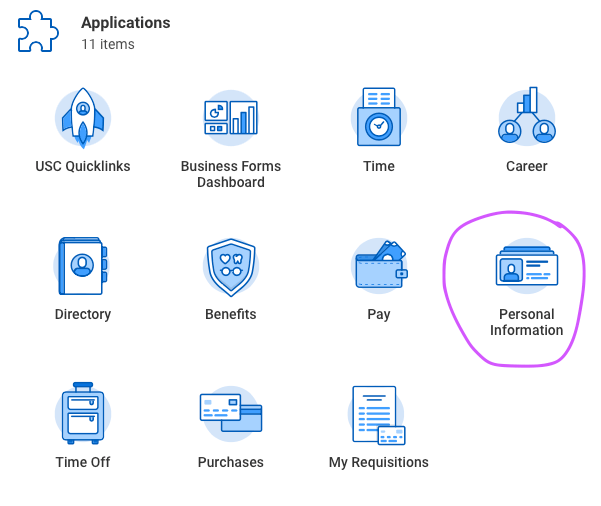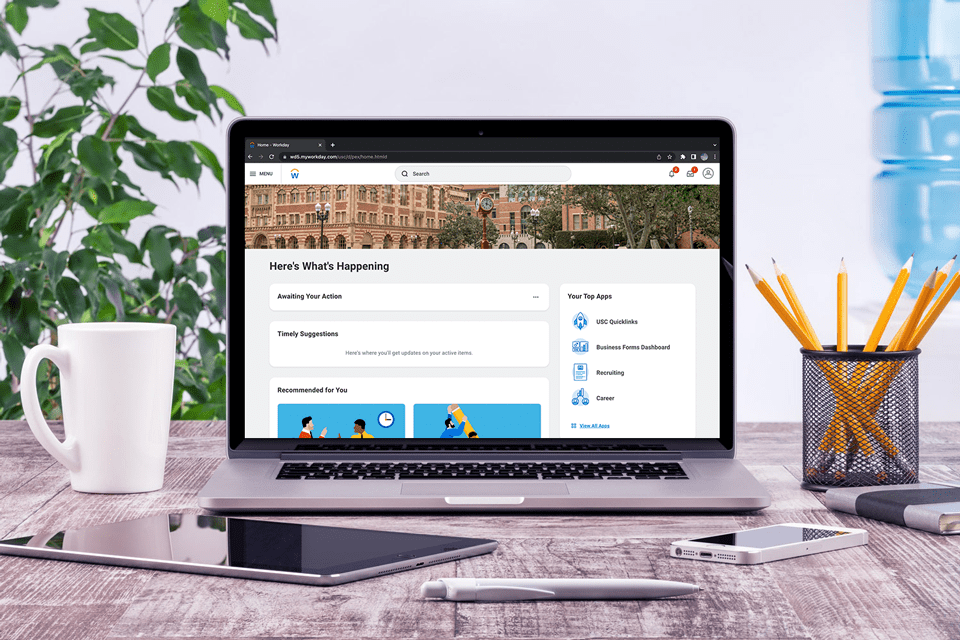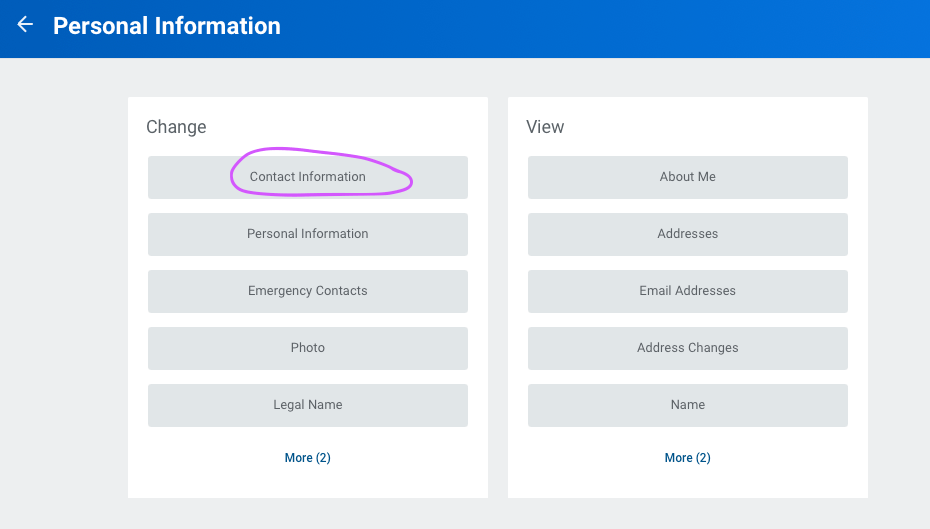Unlocking The Power Of Workday USC: A Comprehensive Guide
In today's fast-paced world, organizations need efficient systems to manage their workforce effectively. Workday USC (University of Southern California) is one such platform that aids in streamlining various HR and financial operations. By utilizing advanced technology, Workday USC empowers institutions to enhance their operational efficiency and improve employee experience. This innovative solution has gained popularity among educational institutions and businesses alike for its user-friendly interface and robust features. As organizations strive for excellence in managing human resources, Workday USC stands out as a reliable partner in achieving these goals.
With its cloud-based architecture, Workday USC offers accessibility and flexibility for users across different locations. The platform integrates various functions, including payroll, recruitment, learning management, and performance tracking, into one cohesive system. This integration not only simplifies processes but also provides valuable insights through data analytics, enabling organizations to make informed decisions. As the demand for effective workforce management continues to rise, the adoption of Workday USC is becoming increasingly crucial.
Furthermore, Workday USC is designed to adapt to the unique needs of each organization. Its customizable features allow users to tailor the platform according to their specific requirements, ensuring a seamless experience. By harnessing the power of Workday USC, organizations can enhance productivity, reduce administrative burdens, and ultimately foster a more engaged and satisfied workforce.
What is Workday USC?
Workday USC refers to the implementation of Workday’s cloud-based software solutions at the University of Southern California. It encompasses various functionalities such as human resources, financial management, and planning tools that facilitate efficient operations within the university. The system aims to streamline administrative processes, improve employee engagement, and provide real-time data analytics for informed decision-making.
How Does Workday USC Benefit Organizations?
Organizations that implement Workday USC can expect a range of benefits, including:
- Improved Efficiency: Automation of various HR and financial processes reduces manual work and saves time.
- Enhanced Data Analytics: Access to real-time data helps organizations make informed decisions based on accurate information.
- Increased Employee Engagement: A user-friendly interface and easy access to resources improve the overall employee experience.
- Scalability: Workday USC can easily adapt to the growing needs of an organization, making it suitable for institutions of all sizes.
What Features Does Workday USC Offer?
Workday USC comes equipped with a plethora of features that cater to various organizational needs:
- Human Capital Management (HCM): Manage employee records, recruitment, onboarding, and performance tracking.
- Financial Management: Handle budgeting, accounting, and reporting tasks seamlessly.
- Learning Management: Facilitate employee training and development programs.
- Analytics and Reporting: Generate insightful reports and dashboards for better decision-making.
How Can Organizations Implement Workday USC Successfully?
To ensure a successful implementation of Workday USC, organizations should consider the following steps:
Who Can Benefit from Workday USC?
Workday USC is not limited to educational institutions; various organizations across different sectors can benefit from its implementation. Some potential beneficiaries include:
- Universities and Colleges: Streamline HR and financial processes while enhancing student and staff engagement.
- Corporations: Improve workforce management and operational efficiency across departments.
- Non-Profit Organizations: Manage resources and funding more effectively.
What Challenges Might Organizations Face with Workday USC?
Despite its numerous benefits, organizations may encounter certain challenges when implementing Workday USC:
- Change Resistance: Employees may resist transitioning to a new system, necessitating effective change management strategies.
- Initial Costs: The upfront investment in implementing Workday USC can be substantial.
- Data Migration: Transferring existing data to the new platform may pose challenges if not handled properly.
How Does Workday USC Compare to Other HR Solutions?
When compared to other HR solutions, Workday USC stands out due to its:
- Comprehensive Approach: Combines various functions into one platform, unlike many competitors.
- User-Friendly Interface: Provides a more intuitive experience for users across different levels of tech-savviness.
- Customization Options: Allows organizations to tailor the system to their unique needs, which is often limited in other solutions.
Conclusion: Why Choose Workday USC?
In conclusion, Workday USC presents a powerful solution for organizations looking to enhance their HR and financial management capabilities. With its user-friendly design, comprehensive features, and adaptability, Workday USC can help organizations streamline processes, improve employee engagement, and make data-driven decisions. As the landscape of workforce management continues to evolve, embracing tools like Workday USC will be essential for organizations aiming for sustained success and growth.
Also Read
Article Recommendations



ncG1vNJzZmivp6x7tMHRr6CvmZynsrS71KuanqtemLyue8Clo6edp6iEcMPOq6KdmaliwrSvjaGrpqQ%3D
